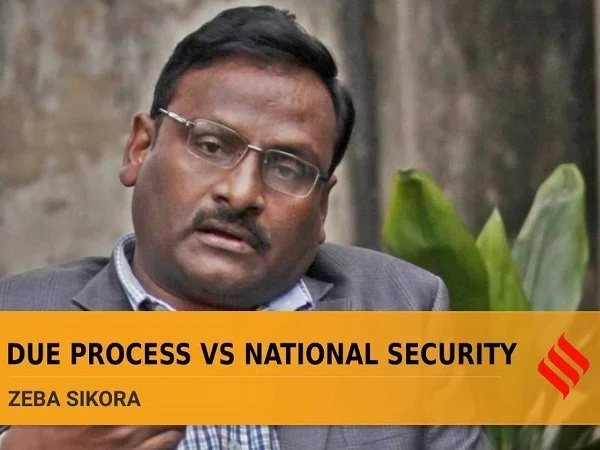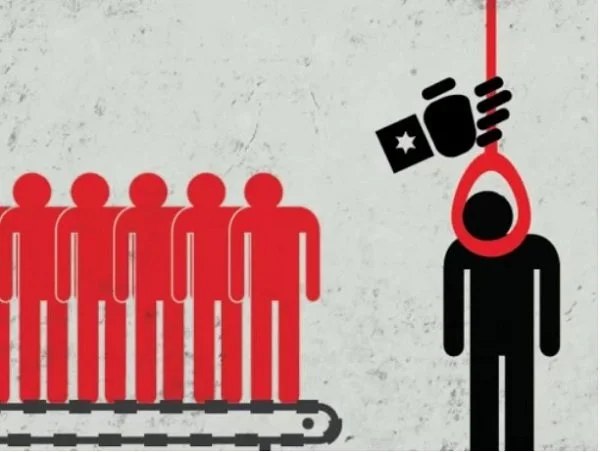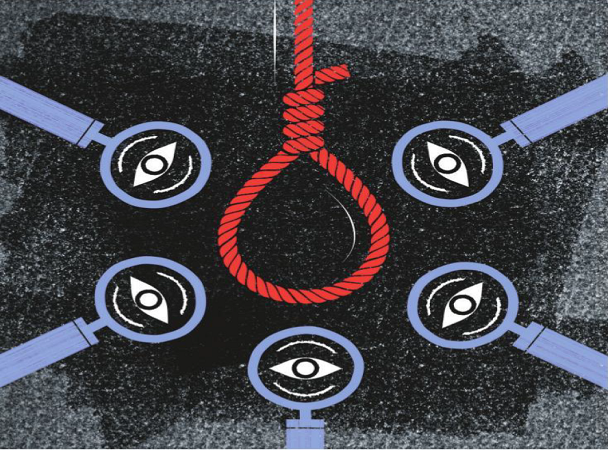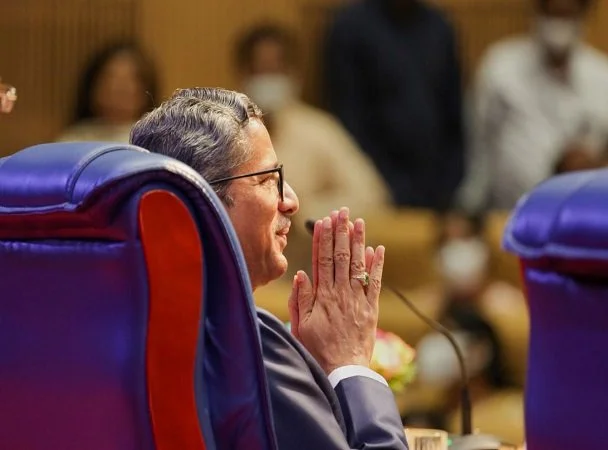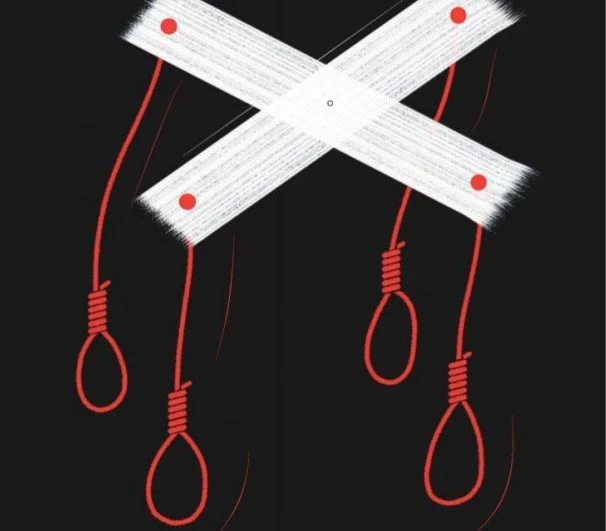The Supreme Court has reiterated that the test re-traumatises rape survivors and is based on patriarchal ideas. But issues related sensitisation of police and lawmakers will have to be addressed by the executive
Read MoreThe Supreme Court, when deciding matters of personal liberty, must balance concerns of national security with empathy — even for those accused of the worst.
When judges award the death penalty, how relevant is it for them to know about an accused person’s life, their social milieu, education, family circumstances and their personal traumas? What exactly does it take to obtain information about potential mitigating circumstances and how much time is needed to do so?
Set in place by a 42-year-old Supreme Court judgement, Indian law requires judges to consider a convict’s life story and the probability of reform in deciding life imprisonment or a death sentence. That ruling has been largely violated, as a study of trial-court judgements makes clear, because the law is fuzzy. Is it really possible to ensure no one is unlawfully sentenced to death? A Supreme Court Constitution bench will have to figure that out.
Read MoreOn September 19th, 2022, a 3-judge bench of the Supreme Court referred certain issues of death penalty sentencing to a larger constitutional bench. One of these issues relates to the amount of time required to collect and present mitigation evidence at the stage of sentencing. This issue is particularly important because, as evidenced by Project 39A's study, sentencing persons to death on the same day as their conviction is pervasive across trial courts.
Read MoreThe Supreme Court in a recent order referred issues relating to capital sentencing in India to a Constitution bench. Unlike the dominant Supreme Court jurisprudence that has articulated inconsistent application of the Bachan Singh framework as the problem with capital sentencing, the referral order, in a markedly distinct approach, recognises the underdeveloped nature of the law.
Read MoreThe imagination of legal representation in capital cases is limited to lawyers. Mitigation, however, needs to be conducted by individuals trained in social work, sociology or psychology.
Read MoreThe Supreme Court has done well to acknowledge that capital punishment needs closer scrutiny and referring the matter to a five-judge bench. The problem that the Supreme Court’s reference to a Constitution Bench seeks to remedy is the need to achieve consistency on the requirements of a fair, meaningful and effective sentencing hearing
Read MoreTo resolve the mental health crisis in prison, a purely medical approach will take us only so far. We need to take a more all-encompassing approach, move beyond treatment of individuals and towards identifying the social and underlying determinants of mental health in prisons.
Read MoreJustice NV Ramana’s tenure as CJI for one year, 124 days began with widespread hope that an extremely strong executive would be held accountable and that the most pressing constitutional issues of our times would be heard and adjudicated upon. However, as is evident now, that did not play out and it ended up being a tenure that promised so much and delivered very little on those fronts.
Read MoreEleven men who were sentenced to life imprisonment in 2008 for the gang rape of Bilkis Bano (she was pregnant then) and the murder of her family members in 2002 were released this week from a jail in Gujarat. While the applicable law in this case, on the face of it, seems to give the power to the Gujarat government to release these men, serious questions about the legality of the decision have emerged.
Read MorePolitical discourse on complex issue of sexual violence against women and children is unnuanced, prioritises rhetoric over evidence-based engagement. There are many empirically tenable pro-victim arguments against harsher sentences, particularly the death penalty for sexual violence.
Over 75% of India’s prison population are undertrials while overcrowding in Indian prisons stands at 118%. These stark realities are often cited to represent the scale of the crisis in India’s criminal justice system. The Supreme Court of India recently acknowledged, in Satender Kumar Antil vs CBI, the ineffectiveness of India’s bail system and its contribution to this crisis.
Read MoreRecent intervention by the Supreme Court suggests that there is a concerted effort to plug procedural gaps in death penalty sentencing, building on the vision outlined in 'Bachan Singh'
Read MoreThe Court’s recent judgment in Manoj and Ors. vs State of MP seeks to address this long ignored yet critical aspect of death penalty sentencing. This specific attempt in Manoj must be seen with the Court’s apparent discomfort over the last year with procedural unfairness in sentencing being carried out by the lower courts.
Read MoreThe Commission investigation directed that the 10 police officers involved in the encounter be prosecuted for murder, under Section 302 of the Indian Penal Code. The Commission found that the police version of events — that the accused were armed and were pelting stones at the police, who then fired at the accused in retaliation — to be “concocted”, and noted that the police had made a deliberate effort to suppress the fact of the juvenility of two of the accused.
The Supreme Court’s May 18 order releasing A G Perarivalan, one of the convicts in the Rajiv Gandhi assassination case, is the culmination of a long-drawn-out battle for freedom spanning over 31 years. Perarivalan’s agonising wait may have ended, but his struggle serves as a grim reminder of the several failures of our criminal justice system.
Read MoreThe Supreme Court has extended the deadline of April 30 by two months for the Centre to make a decision on Balwant Singh Rajoana’s mercy petition, which is pending, with excruciating cost on the prisoner, for the last decade.
Read More

